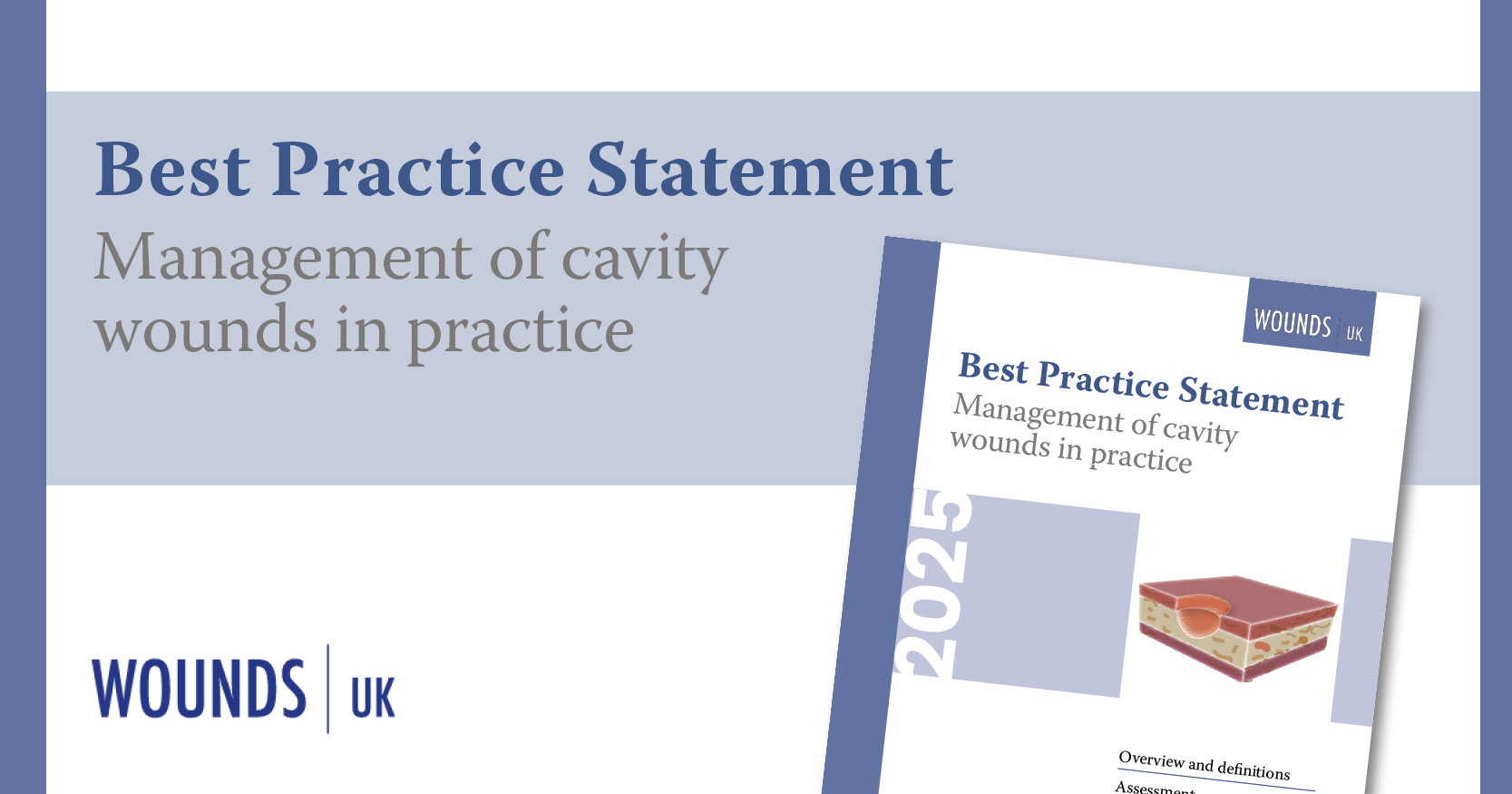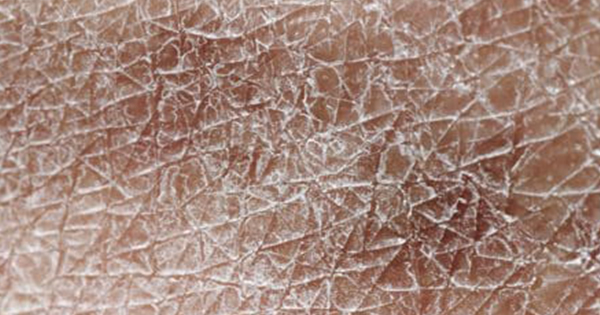Chronic leg ulcers are associated with severe and continuous pain, restricted mobility, and decreased quality of life (Persoon et al, 2004; Jones et al, 2006). Studies have also shown that people living with long-term wounds can often experience poor psychological wellbeing and mood disorders (Beitz and Goldberg, 2005; Upton et al, 2012). The psychological consequences can include negative emotions, such as stress, low self-esteem, and feelings of despair, which can lead to depression (Ebrecht et al, 2004; Guo and DiPietro, 2010), and these can vary in severity, from minor negative emotions to suicidal thoughts (Upton and South, 2011; Upton et al, 2012). Many studies have demonstrated the physiological effects that stress and anxiety can have on wound healing (Marucha et al, 1998; Cole-King and Harding, 2001; Ebrecht et al, 2004). Such effects potentially prolong treatment, further increasing patient stress and impacting on health and social services expenditure. The financial cost to the NHS of chronic wounds has been estimated at £23 billion per annum, approximately 3% of the NHS budget, based on figures for 2005/6 (Posnett and Franks, 2007).






